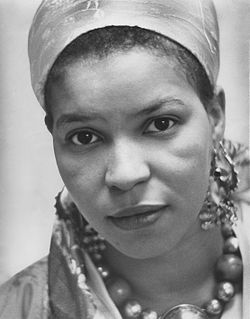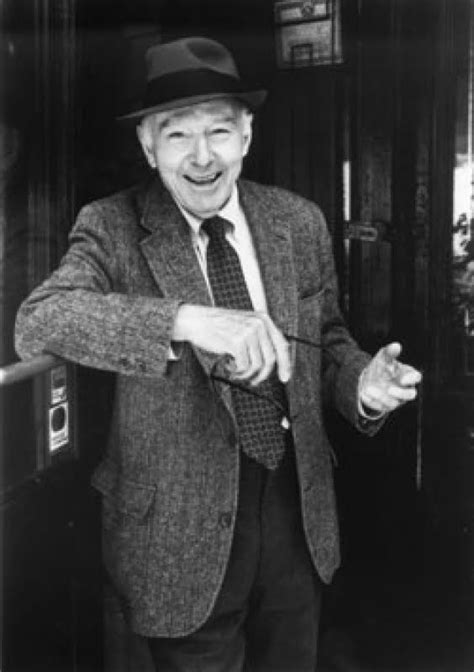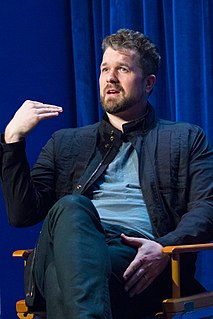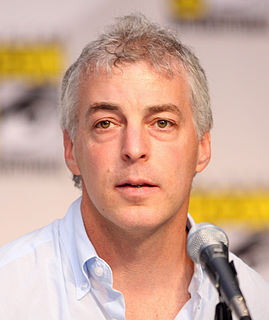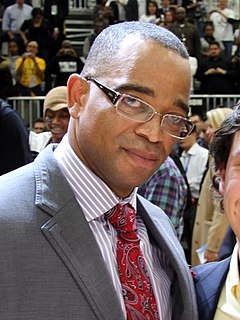A Quote by Ntozake Shange
My characters don't talk necessarily in a normal American way of talking. They talk a little different.
Quote Topics
Related Quotes
You can talk about things indirectly, but if you want to talk how people really talk, you have to talk R-rated. I mean I've got three incredibly intelligent daughters, but when you get mad, you get mad and you talk like people talk. When a normal 17-year-old girl storms out of the house or 15-year-old boy is mad at his mom or dad, they're not talking the way people talk on TV. Unless it's cable.
I think, at some level, we see young people all over the country mobilizing around different issues, in which they're doing something that I haven't seen for a long time. And that is, they're linking issues together. You can't talk about police violence without talking about the militarization of society in general. You can't talk about the assault on public education unless you talk about the way in which capitalism defunds all public goods. You can't talk about the prison system without talking about widespread racism. You can't do that. They're making those connections.
I talk with countries, whether it's the Arab states or in the Middle East, and they talk about how they're glad to see us fighting against Iran. I talk with different countries in reference to Syria, and we talk about how we can get the Iranian influence out. We're talking about North Korea and what we need to do and the pressure we need to put on China. They're happy that we're finally beating up on Russia for what they've done in the Ukraine.
What's actually amazing is that, after a couple of years of living with characters and writing characters and talking about characters, as we sit in the writers room and break episodes, it strikes you, every once in awhile, that you're talking about a character that's played by the same actor, who you've been talking about forever. We talk about a character dying, so you get emotional, and then you realize, "Oh, but wait, that actor is still on the show."
I was interested in immigration and I wanted to use that in the film, not necessarily to talk about immigrants, although I wanted to do that, but to talk about ourselves through the eyes of an immigrant. The film takes place in the school and it tells us a little bit about who we are and where we're at, but through the eyes of someone who has a different background.
We are all different human beings, and we all have different backgrounds, and we stem from different social strata. That is what defines how you hear people talk, how you want to quote them when you speak. We all have different fears and doubts and complexes and this is what shapes the way we see other people. Especially characters.
